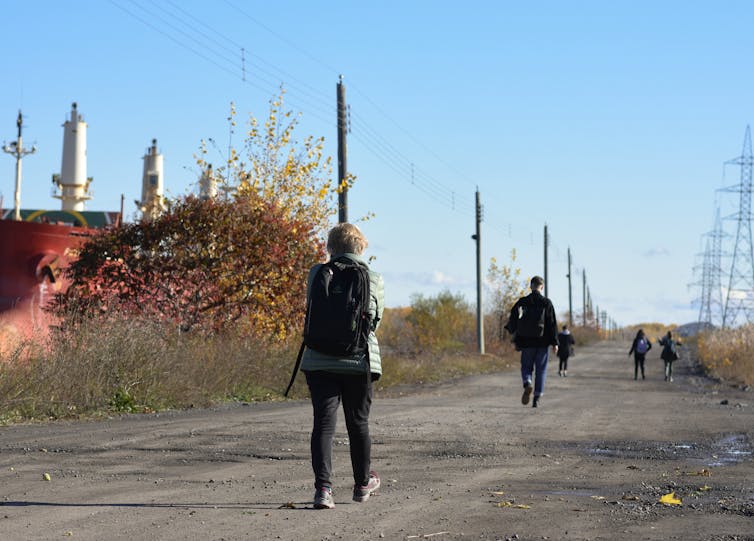Third World Day of the Poor - Questions for reflection and discussion
The numbers in parentheses refer to the Pope's Message which can be linked to here, a summary of which follows below the questions.
- The Pope says (#9) that the poor "save" us. In what way do the poor save us? Which gospel passage do you think the pope is referring to? How does this affect how you view the poor?
- When Jesus inaugurated the Kingdom, whom did he place at the centre (#5)? What task did he entrust to us? Do you feel up to the task? What are some possible next steps you can take? Do you consider yourself a disciple of Jesus?
- What does the pope mean by "social imbalances" (#1) and "bondage" (#2)? What social imbalance and bondage have you personally witnessed whether in yourself or others?
- Who, or what groups of people, in your community and parish boundaries might be feeling like strangers or outcasts (#6)? How welcome do you think they would feel if they walked into our church for Sunday mass?
- What do you think the pope means by "stifling individualism" or "small circles of spiritual intimacy with no influence on social life" (#6)? What should make this impossible for disciples of Jesus?
- On this World Day of the Poor, what else can we offer beyond material assistance (#7)? What is an indispensable start for having a true concern for the poor?
- Who makes God's love visible for the poor (#8)? What do the poor need even more than a hot meal or sandwich?
- We talk about "the poor", but what is the danger in always using this term (#9)? Who or what are "the poor"?
- What can we offer the poor (#10)? Why? Can we do it alone?
Here is a summary with extracts from the Pope's Message announcing the Third World Day of the Poor.

